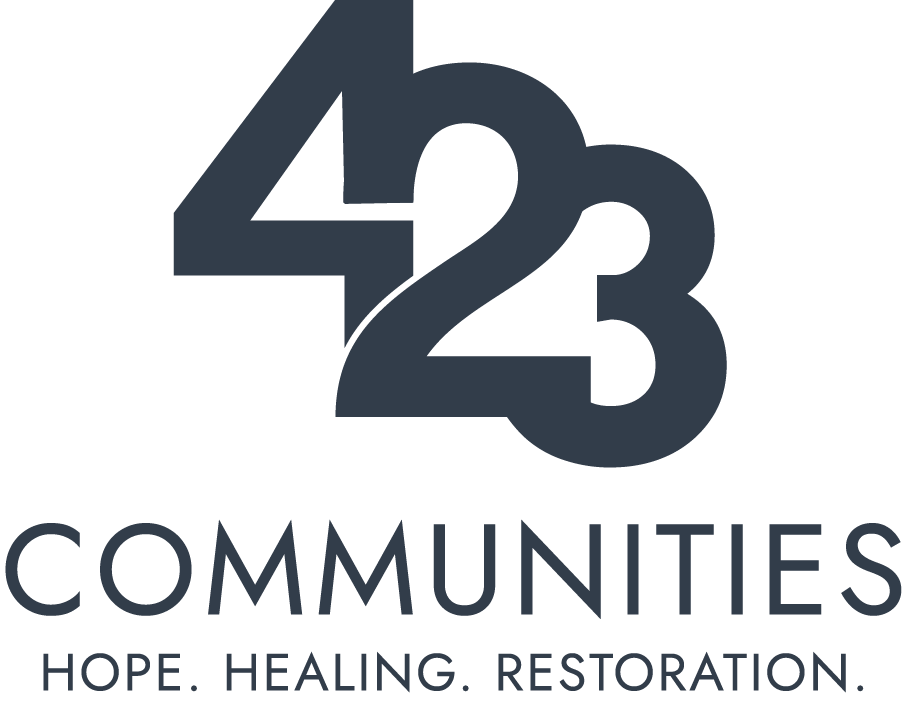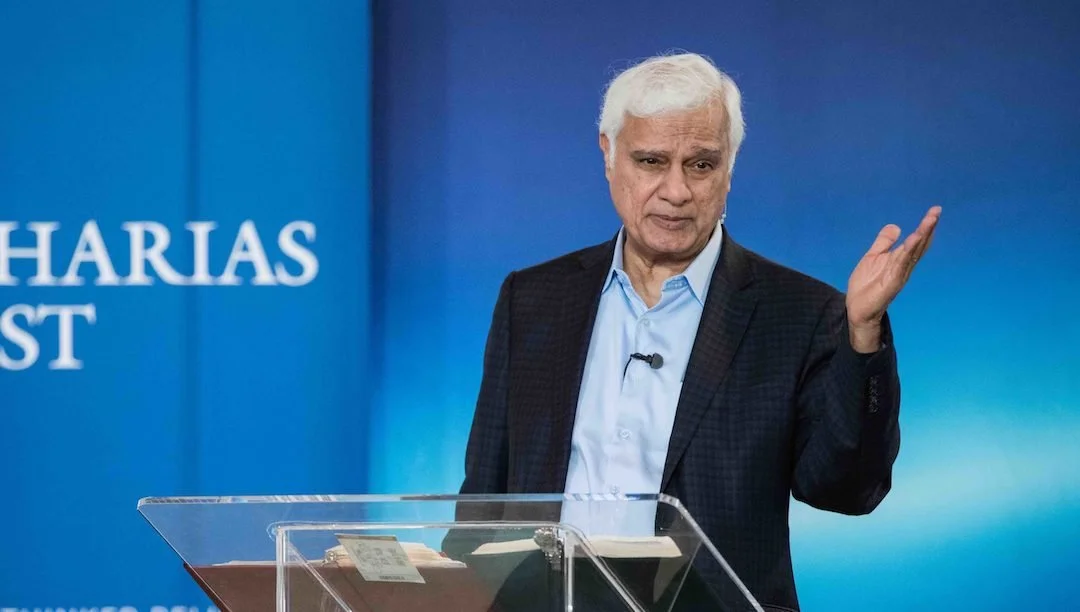A year later, my biggest takeaway on the Ravi Zacharias sex scandal
On February 11, 2021, a bomb was dropped not only in my life but arguably the entire evangelical world. That’s when the board of Ravi Zacharias International Ministries (RZIM) released the results of a 4-month long investigation into allegations of sexual misconduct by its late founder, Ravi Zacharias. Turns out it was way worse than anyone had imagined. Thus began the unraveling of a global ministry that Ravi had built over more than four decades.
Having uprooted my life five years earlier to become a student in Oxford, England, at RZIM’s yearlong apologetics course at the Oxford Center for Christian Apologetics (OCCA), I read with horror the full report by Miller & Martin. As a sexual abuse survivor myself, I was pained to think of the devastation his victims endured. I wondered if the lucky handful of my former OCCA classmates who had gone on to work at RZIM after our year in Oxford together would even have a job anymore.
I had hoped the inquest would clear his name and restore Ravi’s sterling reputation as the legendary apologist whose talks in college arenas drew crowds worthy of a bowl game. However, just before the end of 2020, the board released a preliminary update, tipping off the world that the final report would not be favorable. In fact, it would be worse than the initial allegations suggested.
Still in shock from reading the report, I recalled the one time I had the privilege to pose a question to Ravi in a question-and-answer session with my classmates. We were 24 students from six continents, who converged at RZIM’s European epicenter for the 2016-17 school year to be trained in apologetics and evangelism while studying theology full-time at Oxford University. Every cohort had one session with Ravi and this was our turn. Just before Ravi was introduced we were instructed not to ask apologetics questions because his repertoire of convincing arguments could all be found online and in his books. This was our chance to ask about anything else we wanted to know about him or ministry life. How cool, I thought.
My mind went through a litany of questions that could be interesting fodder for conversation. I skipped past the basic stuff like do you still get nervous when you speak and how much prayer goes into your sermon preparation, which my classmates did ask. I knew this was my shot and I wanted to take it. I had a question in mind but wasn’t sure if it was allowed or appropriate. Since there was no time to vet my question before asking it in a full room of classmates, instructors, and apologists, I took a deep breath and went for it. Here goes nothing.
The question on my heart was informed by my own journey out of sexual brokenness and my previous 16 years of service in sexual redemption ministry as well as the recent moral failings of two prominent pastors from my community in South Florida. Both were forced to resign after admitting to extramarital affairs. Two years later the ripple effect of those scandals was still being felt and I hadn’t been able to wrap my head around how and why this storyline seemed to keep playing out.
Knowing I was in a room full of future Christian leaders, I asked more for the sake of the room than to satisfy my own curiosity — not that I thought I had nothing left to learn on this topic. I knew better than to think I had it all together. I also knew it took living with the intention to stay pure in a world of risk and opportunity. I wanted this to be a teaching moment to prevent future sex scandals, if nothing else, at least among my peers before they would be scattered across the globe to various ministry assignments. After 40-plus scandal-free years of ministry, I figured Ravi knew a thing or two about what it takes to maintain sexual integrity. Turns out I figured wrong.
Before I asked Ravi what specific safeguards he had in place to keep himself out of the moral mud pit, I prefaced it by asking how he stayed humble in light of the celebrity church culture in America. Like my classmates, I saw him as one of those larger-than-life Christian leaders with the rockstar platform.
His answer took more than eight minutes and he said all the right things, mentioning the need to be careful about what he called the three G’s (gold, girls, and glory) and discussed the need for accountability. In hindsight, at the time of my question and according to the final report he was likely already wallowing in the moral mud pit. The investigators determined that as early as 2014 Ravi’s sexual misconduct was well underway.
In the past year, I have thought back many times to my question and Ravi’s answer. While he correctly extolled the virtues of accountability, and rightly so, it turns out that accountability without transparency and vulnerability is nothing more than a smokescreen. I wonder if Ravi had not been revered with such high esteem would he have enjoyed the free rein to wreak such devastating consequences.
As I’ve tried to square with the Christian leader I believed Ravi to be and the broken man the report revealed him to be, I first had to take him off the pedestal and recognize his feet of clay. When we get our eyes off of Jesus, the author and finisher of our faith, we open ourselves and others up to grave risks. I believe the steady diet of adulation and over the course of Ravi’s career did not serve him or the body of Christ well. This is but another example of how the celebrity church culture is destroying the fabric of the American church because the man was never meant to be worshipped.
Author Brené Brown says that blame is a way to discharge pain. As much as I want to find someone or something to blame so I can make sense of this travesty and to ensure it never happens again, the truth is we will never know the whole truth. How much of what happened is a result of the celebrity church culture that provides enormous latitude for leaders it deems worthy? Perhaps another way to ask it is how complicit is the church culture and how much squarely lies on Ravi’s shoulders? On such things, I can only speculate, but before I do I must first put down my rock.
Last week a friend called to say she was discarding her collection of Ravi Zacharias teachings and offered them to me. I dug into the bag that was filled to the top with CDs and came across a message by Ravi on King Saul from 1986 that took my breath away. It was entitled, “A Life that Lost its Focus.” Immediately I thought of the warning in chapter 2 of the letter the Hebrews, calling us to pay close attention lest we drift away. The CD jacket went on to summarize the teaching, “Saul started off with such humble beginnings but was corrupted by power, resulting in God letting him go his own way. Presented here are three problems Saul struggled with in his life. How can we always be on guard against them?”
A year later many questions still linger, but perhaps the most important one to ask ourselves is, “How can I ensure I do not lose focus?”
For me, the answer is two-fold, starting with fixing my eyes on Jesus and ending with “Therefore let anyone who thinks that he stands take heed lest he fall” (I Corinthians 10:12 ESV).
Read the full article at https://www.christianpost.com/voices/a-year-later-what-have-i-learned-from-the-zacharias-scandal.html
At 423 Communities International, our doors are open for business. We are still offering recovery options for those struggling with temptations and trauma around pornography, sexual fantasies, and addictive behaviors. Want more information? Click here: https://www.423communities.org/join

